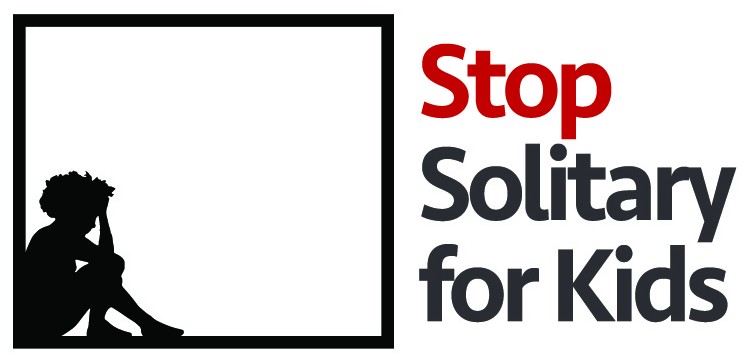For the first time in years, the American Correctional Association (ACA) made a major move to reduce the use of isolation for youth by releasing proposed changes to the ACA Standards. These changes were released for public comment on September 29, 2017 and the comment period ended December 1, 2017. These changes represent a huge step forward by barring isolation as punishment.
Through a joint comment letter signed by over sixty youth justice professionals, experts, and civil rights advocates, we urged the ACA to adopt the proposed standards and to strengthen them through key changes.
RESOURCES
- Joint Comment letter drafted by Center for Children’s Law and Policy, the ACLU, and Juvenile Law Center
- ACA’s Full version of the Proposed Standard Changes
- Summary Chart of Major Changes in Proposed Changes
- Instructions on how to submit comments (comment period closed as of Dec. 1, 2017)
SUMMARY OF MAJOR PROPOSED CHANGES
- The term “separation” has replaced terms in the existing standards referring to separation (e.g. seclusion, exclusion).
- The proposed modifications address juvenile correctional facilities (JCFs) and juvenile detention facilities (JDFs) separately.
- Separation is prohibited as discipline or punishment.
- Separation is permitted only as an immediate response to disruptive behavior that threatens the safety and security of the youth or others.
- Youth must be removed from separation once they are able to show emotional and behavioral control. Separation should be as brief as possible.
- A supervisor/behavioral health staff must reevaluate and authorize separation > 4 hours.
- If separation is continued beyond 4 hours, a supervisor/behavioral health staff must review separation at least every 2 hours thereafter.
- Separation should not exceed 24 hours. To extend separation beyond 24 hours, the Superintendent must reassess and authorize separation (and do so every 23 hours thereafter).
- Separation for protective custody requires an individual plan within 4 hours, mandatory out-of-room time, and review every 24 hours.
- Permits separation or Special Management when youth are in danger from other youth or themselves.
- Youth in separation beyond 4 hours must receive education, treatment, medical, and recreation services.
- Supervisor/behavioral health staff must meet with youth within 4 hours of separation to identify the reasons why the youth cannot return to the general population.
- Requires written policies and procedures for behavioral health monitoring of youth in separation, including behavioral health monitoring of youth’s adjustment every 4 hours.
- Trained staff must administer a behavioral health screening within 30 minutes of separation to determine if there are behavioral health reasons to stop separation. Requires notification of behavioral health staff if youth is separated > 2 hours.
